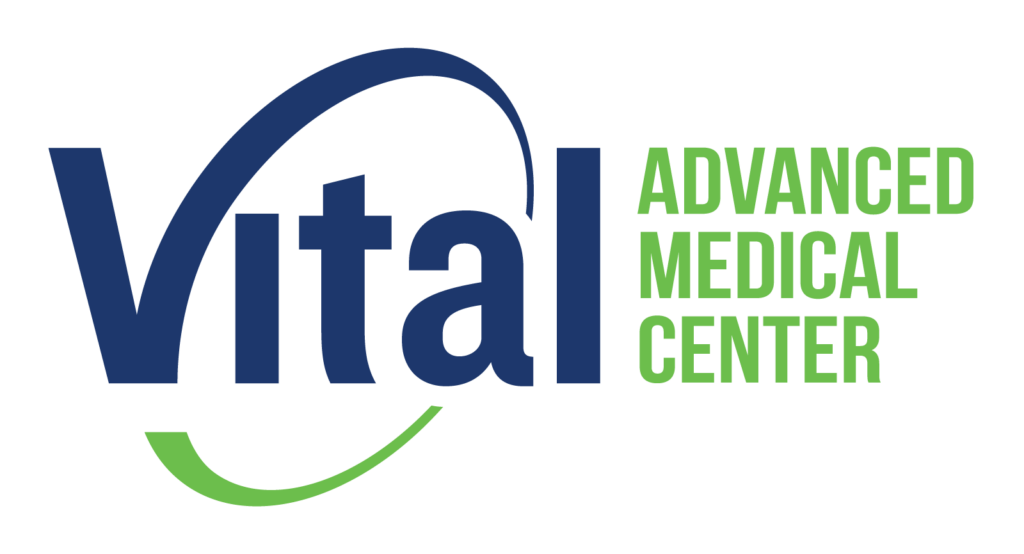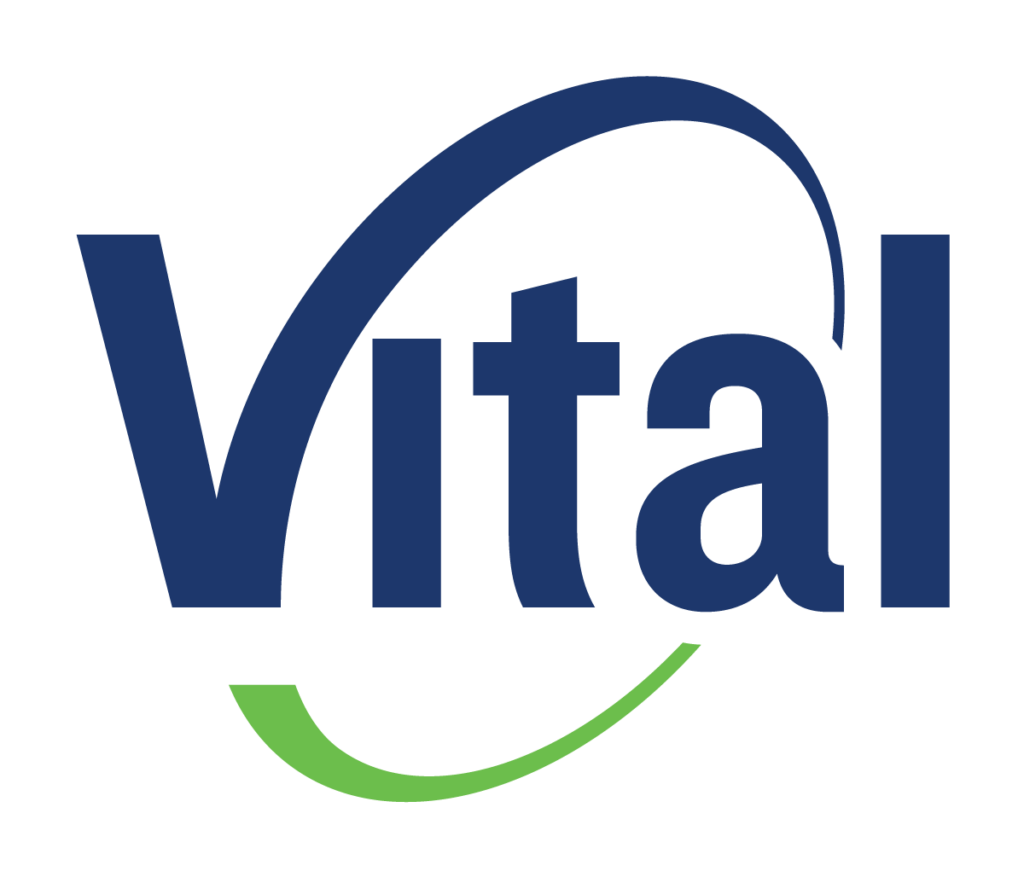For those seeking to lose weight, it is important to understand there is a very important connection between muscle mass and weight loss. Too often we tend to focus on diet and cutting calories. And while that is important, muscle mass is also very important. Yet, for many dieters, much of the weight they lose is muscle, which contributes to poor health. So how is muscle mass important to our bodies?

At our Medical Weight Loss Clinic in Tampa , we stress that muscle mass is important to metabolism, which is important to weight loss. Increased metabolism means you burn fat faster. Muscle tissue is metabolically active, meaning it burns calories even when you’re at rest. Therefore, having more muscle mass generally increases your basal metabolic rate (BMR), which is the number of calories your body needs to maintain basic physiological functions. This can contribute to weight loss or weight maintenance, as your body burns more calories throughout the day.
Which is why resistance training is important and not just cardio. Engaging in resistance training (such as weightlifting) and other forms of exercise can help you build and preserve muscle mass while losing weight. When you create a calorie deficit (consuming fewer calories than you burn), your body may break down both fat and muscle tissue for energy. However, incorporating resistance training into your routine can help mitigate muscle loss and preserve lean tissue, which is beneficial for overall health and metabolism.
As you cut calories, and eat healthier, consuming an adequate amount of protein is important for preserving muscle mass during weight loss. Protein provides the building blocks (amino acids) necessary for muscle repair and growth. Research suggests that increasing protein intake while reducing calorie intake can help minimize muscle loss and promote fat loss.
While it’s important to create a calorie deficit for weight loss, it’s also crucial to maintain a balanced diet that provides essential nutrients. Inadequate intake of nutrients like protein, vitamins, and minerals can impair muscle function and overall health, making it harder to achieve your weight loss goals.
While resistance training is beneficial for building and preserving muscle mass, cardiovascular exercise (such as running, cycling, or swimming) is effective for burning calories and promoting weight loss. Incorporating both resistance training and cardiovascular exercise into your routine can help you achieve a healthy balance of muscle building and fat loss. Our Weight Loss Specialists in Tampa work with each client to develop a customized plan that incorporates resistance training for weight loss, cardio to burn calories and a diet plan for healthy eating.
It’s important to recognize that the relationship between muscle and weight loss can vary greatly from person to person. Factors such as genetics, age, sex, hormonal balance, and overall health can influence how your body responds to exercise and dietary changes.

In summary, maintaining or increasing muscle mass can support weight loss efforts by boosting metabolism, improving body composition, and enhancing overall health. However, it’s essential to adopt a comprehensive approach that includes both exercise and dietary strategies tailored to your individual needs and goals. Consulting with a healthcare professional or registered dietitian can provide personalized guidance and support on your weight loss journey.
At Vital Advanced Medical Center Medical Weight Loss Clinic in Tampa, our weight loss specialists with certificates in Obesity Medicine can help you achieve your weight loss goals. After consulting with you, examinations, and labs, we can create a customized weight loss plan to help you achieve your goals. If you meet certain criteria, you may also qualify for the use of Semaglutide to help you achieve your weight loss goals. Schedule a consultation today.

